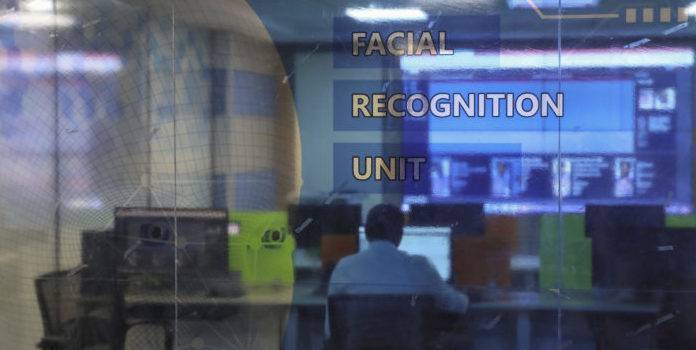(José Niño, Headline USA) A secret surveillance network in New Orleans has sparked a national debate over privacy and police power.
For two years, the New Orleans Police Department (NOPD) secretly deployed a sweeping facial recognition surveillance program, scanning city streets with more than 200 cameras in search of suspects, according to a Monday report in the Washington Post.
Civil liberties advocacy organizations like the American Civil Liberty Union (ACLU) argue that this move violates local law and represents a major escalation in American policing that could negatively impact individual liberties.
Unlike standard police use of facial recognition, which typically involves the analysis of still images from crime scenes to identify unknown suspects, New Orleans police teamed up with Project NOLA, a private nonprofit, to access a live network of facial recognition-enabled cameras.
These cameras, which were largely concentrated in high-traffic and crime-ridden areas such as the French Quarter, continuously scanned individuals walking in the area. The camera would automatically alert officers via a mobile application when a potential match to a secretive watchlist was detected.
This real-time tracking system operated without the public and city council being aware of this, circumventing a 2022 ordinance that strictly limited police use of facial recognition.
The law only allowed the technology for specific, violent crime investigations and required each use to be documented and reported for oversight. Instead, officers relied on Project NOLA’s alerts for dozens of arrests—including some for non-violent offenses—without disclosing their use of facial recognition in police reports or making mandatory filings to the city council.
Nathan Freed Wessler, deputy director of the ACLU’s Speech, Privacy, and Technology Project, described it as a “facial recognition technology nightmare scenario.” He also warned that such unchecked surveillance gives the government the power to track anyone, anywhere, at any time.
The partnership with Project NOLA raises serious concerns. The nonprofit, run by a former police officer, maintains its own database of tens of thousands of faces—largely scraped from police mugshots—without public transparency or due process.
The system allows for retroactive searches of stored video, allowing law enforcement to retrace a person’s movements across the city for up to 30 days.
Despite the scale of surveillance, the NOPD did not retain records of the alerts it received, and officers rarely documented their use of facial recognition in investigative reports.
After the Washington Post began investigating the matter, Police Superintendent Anne Kirkpatrick paused the program in April, pending a review to determine whether it was in violation of city law. That said, Project NOLA staff reportedly continue to monitor alerts and notify police by phone, text, or email.
The ACLU of Louisiana issued a warning about the dangers of this program, “By adopting this system—in secret, without safeguards, and at tremendous threat to our privacy and security—the City of New Orleans has crossed a thick red line. This is the stuff of authoritarian surveillance states, and has no place in American policing.”
Until stronger safeguards are implemented, the risks of wrongful arrests and privacy violations will continue to shadow American cities.
José Niño is the deputy editor of Headline USA. Follow him at x.com/JoseAlNino

